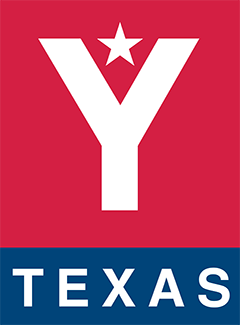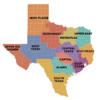By Yevgeniy Sverdlik, Data Center Knowledge
January 2, 2019
In June, AT&T sold a large global data center portfolio to investor Brookfield Infrastructure Partners. The companies closed the $1.1 billion transaction Tuesday, when Brookfield also announced the launch of a new company, called Evoque Data Center Solutions, which will provide colocation services out of the 31 facilities it gained through the deal.
The transaction echoes several big transfers of data center ownership by US telecommunications giants in recent years, such as Verizon’s $3.6 deal with Equinix and CenturyLink’s $2.15 billion deal with a pair of private equity firms, which led to the birth of colocation provider Cyxtera. Using the proceeds to pay down debt, AT&T, now Evoque’s single biggest tenant, will continue providing colocation and other enterprise services in the facilities sold.
Brookfield’s acquisition of AT&T’s data centers also exemplifies a trend where traditional infrastructure investors are increasingly looking for opportunities in the data center sector. They’re now recognizing that data centers as a type of investment have a lot in common with assets they’re used to, such as toll roads, power plants, airports, or cell towers.
Evoque is headquartered in Dallas and led by CEO Tim Caufield, formerly chief executive of the IT management consultancy Antara Group. Other former members of Antara’s leadership group, who like Caufield are seasoned data center services industry veterans, now form Evoque’s top management team.
‘Base Requirements’
The team has a lot of work ahead of it to bring its data center portfolio up to what customers expect from a colocation provider today. The biggest and most urgent elements of this work will be expanding the number of network carriers accessible in the facilities and bringing in direct on-ramps to public clouds.
Evoque wants to be a true network-neutral colocation provider, so it has to bring many more carriers into the facilities, where AT&T has been the dominant carrier, Caufield told Data Center Knowledge in an interview.
“They (AT&T) incented the customer to choose them as the primary carrier,” he said. Even though there are five or six carriers per site on average, more than 90 percent of customers “are probably using AT&T as their prime carrier within the data centers.”
Management is also in discussions with hyperscale cloud providers – the likes of Amazon Web Services and Microsoft Azure – about launching private network on-ramps to their clouds in Evoque’s data centers. Used to connect customer networks to the networks of cloud providers directly, bypassing the public internet, these on-ramps are “base requirements for a service provider in the sector today,” Caufield said.
The facilities themselves tend to be older, at least by data center standards, many of them built in early to mid-2000s. But according to the CEO, they are high-quality, with highly redundant electrical and mechanical infrastructure and equipment produced by reputable vendors.
Still, the company is planning a portfolio-wide infrastructure refresh, having charted a 10-year capital expenditure plan worth “hundreds of millions of dollars,” he said.
The average utilization rate across the footprint is 64 percent, but there are some markets where Evoque is at capacity. Where that’s the case, it’s planning to quickly look for ways to expand, either by building out more capacity or by buying existing assets. Acquisitions “will be a part of our growth strategy,” Caufield said.







